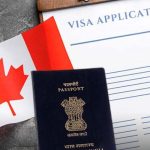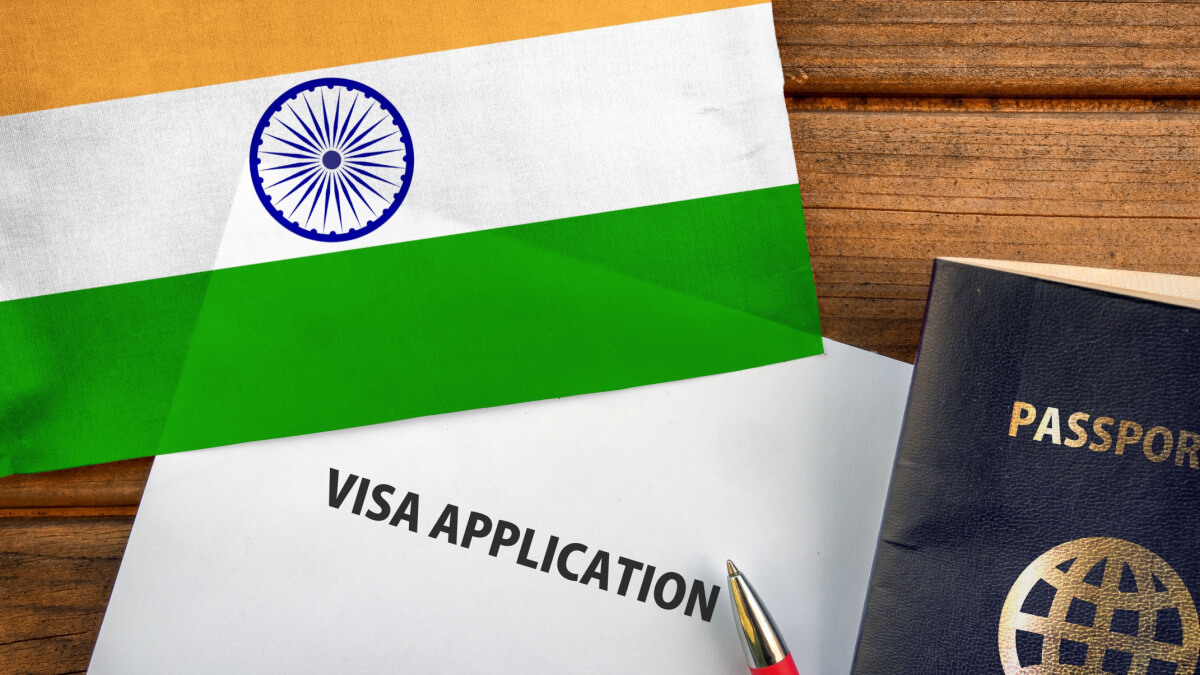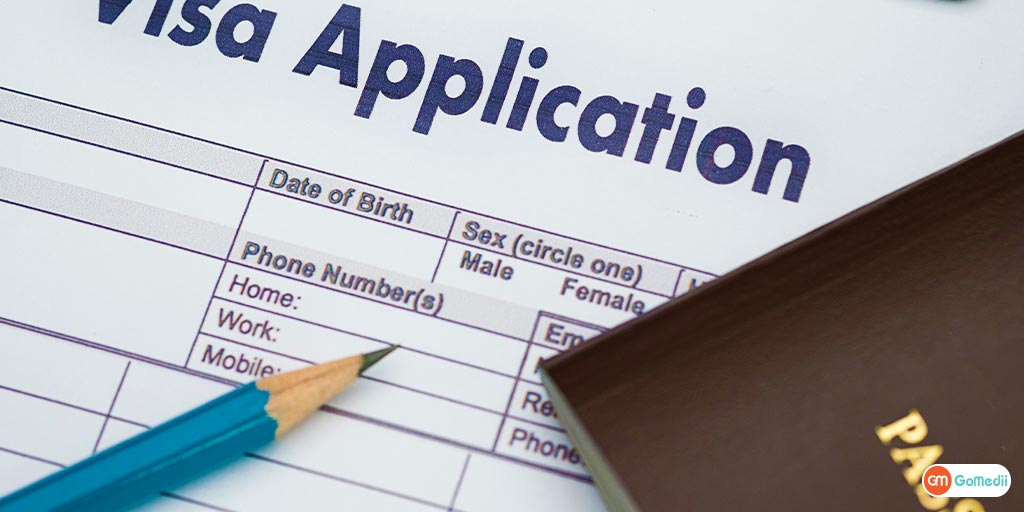Are you an Irish citizen dreaming of living and working in the United States? Getting your US visa approved can seem like a daunting task, but fear not! We have insider secrets that will help you navigate the process with ease. In this blog post, we’ll share tips from experts on how to increase your chances of getting your US visa approved as an Irish citizen. From filling out forms correctly to presenting yourself confidently at the embassy interview, we’ve got you covered. Get ready to pack your bags and start living your American dream!
What is a US Visa?
If you are a citizen of Ireland and want to travel to the United States, you will need a US visa. A US visa is a document that allows you to visit the United States for a specific purpose. You must apply for a US visa before you travel. To apply for a US visa, you will need to provide your passport information, your travel itinerary, and other documentation. The application process can be difficult, but with careful preparation and support from an immigration lawyer, it can be achieved. US VISA FOR ICELAND CITIZENS
How to Apply for a US Visa as an Irish Citizen
If you are an Irish citizen and you want to apply for a US visa, there are a few things you need to know. The first is that, like most other countries, the US has a visa waiver program. This means that if you can prove that you will not be a burden on the US government as a tourist, you can travel to the US without having to obtain a visa.
The next thing to know is that there are different types of US visas available to Irish citizens. The most common type of visa is the B-1/B-2 visitor visa, which allows you to stay in the US for up to 90 days. If you want to stay longer than 90 days, or if you plan on working in the US while you’re here, you’ll need to apply for a J-1 student visa.
Finally, make sure that you have all of the required documents when applying for your US visa. These documents include your passport photo page(s), your Irish passport, your visa application form(s), and any other documentation that may be required by the embassy or consulate where you’re applying.
Things to Keep in Mind When Applying for a US Visa
There are a few things to keep in mind when applying for a US visa as an Irish citizen. First and foremost, make sure that you have the required documentation ready to submit with your application. Second, be aware of the required biographical information that you will need to provide on your application form. Finally, be prepared to answer any questions that may be asked by the USCIS officer reviewing your application. US VISA FOR IRISH CITIZENS
The Process of Getting a US Visa as an Irish Citizen
There are certain steps that you need to take in order to get a US visa as an Irish citizen. The first step is to gather all of the necessary documentation. This includes your passport, visa application form, and supporting documents. You will also need to arrange an interview with a US embassy or consulate officer. After you have gathered all of the necessary documents, it is time to start the application process. You will need to complete the visa application form and submit it along with all of your supporting documents. You will also need to schedule an appointment with a US embassy or consulate office in order to have your interview. After your interview is completed, the consular officer will review your application and make a decision about whether or not you will be approved for a US visa. If you are approved, you will receive a letter from the embassy or consulate detailing all of the information that they require in order for you to travel to the United States.
What to Expect After Applying for a US Visa
If you are applying for a US visa as an Irish citizen, keep in mind that there are some specific requirements that must be met in order to be approved. First, you will need to provide documentation proving your identity and citizenship. This can include your passport, foreign birth certificate, or Irish ID card. You will also need to provide evidence of your residence in the United States, such as a lease or rental agreement. Finally, you will need to provide evidence of financial stability. This can include bank statements, credit reports, and proof of income.




























